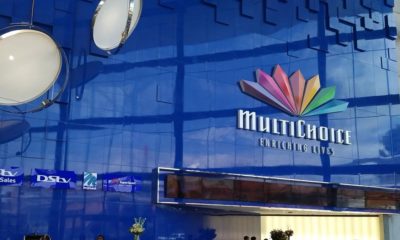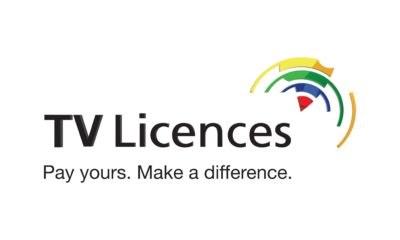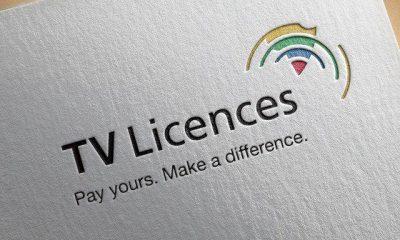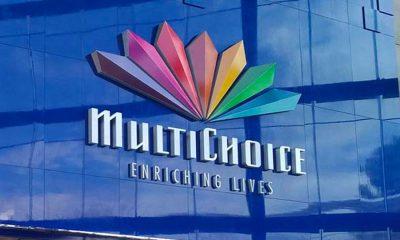News
MultiChoice Restructures South African Ownership as Ghana Countdown Intensifies

One company. Two countries. One quietly complies. The other stares down the regulator.
As of 1 August 2025, MultiChoice has officially restructured its South African operations in a significant ownership shift aimed at aligning with broadcasting legislation. The change arrives just as the company faces a ticking clock in Ghana, where regulators have threatened to suspend its DStv licence over subscription pricing.
The contrast between compliance in South Africa and confrontation in Ghana paints a stark picture of how different the regulatory playing field can be across the continent.
South Africa: Redrawing the Ownership Map
To meet the requirements of South Africa’s Electronic Communications Act, MultiChoice has now reduced its holding in LicenceCo, the entity that holds the company’s broadcast licence, to 49% economic interest and just 20% voting rights.
This follows regulations that cap foreign voting control at 20% and require at least 30% ownership by historically disadvantaged individuals (HDIs).
The restructure brings four entities into play:
-
Phuthuma Nathi, MultiChoice’s long-standing BEE partner
-
13th Avenue Investments
-
Identity Partners Itai Consortium
-
The MultiChoice Workers Trust
Phuthuma Nathi notably converted a R3.77 billion loan into shares, increasing its indirect stake in Orbicom to 40%, a move that boosts empowerment targets and long-term ownership inclusivity.
R1.375 Billion Payout to Shareholders
To sweeten the restructure, MultiChoice and Phuthuma Nathi shareholders will receive an extraordinary dividend of R1.375 billion (approximately $82.5 million).
The Johannesburg Stock Exchange has categorised the transaction as Category 2, meaning no shareholder vote was required to finalise the changes.
Ghana: A Licence on the Line
While the South African arm settles into regulatory compliance, the situation is far more tense in Ghana. The National Communications Authority (NCA) has issued MultiChoice Ghana a deadline of 7 August 2025 to lower DStv subscription prices or risk having its broadcasting licence suspended.
The NCA’s demand follows months of public outcry and mounting consumer frustration over escalating pay-TV costs. Advocacy groups in Ghana argue that MultiChoice’s pricing is out of step with local affordability and demand greater fairness.
If no resolution is reached, Ghanaian subscribers could face service blackouts, and MultiChoice might lose access to one of West Africa’s key media markets. While an appeal may follow, the brand’s reputation and customer trust could be hard to rebuild.
A Snapshot of Broadcasting Realities in Africa
MultiChoice’s position in 2025 shows just how varied the company’s African experience is from country to country.
-
In South Africa, it’s about equity, empowerment, and long-term regulatory alignment.
-
In Ghana, it’s about pricing, access, and immediate public interest.
The two-pronged scenario underlines the complexity of operating across a continent where market maturity, legislative frameworks, and consumer expectations vary widely, and where broadcasters must constantly adapt to stay in business.
Also read: New Life for an Old Precinct: Tshwane’s Plan for Affordable Housing Near the CBD
Follow Joburg ETC on Facebook, Twitter, TikTok and Instagram
For more News in Johannesburg, visit joburgetc.com
Source: News Ghana
Featured Image: The Vaultz News

























